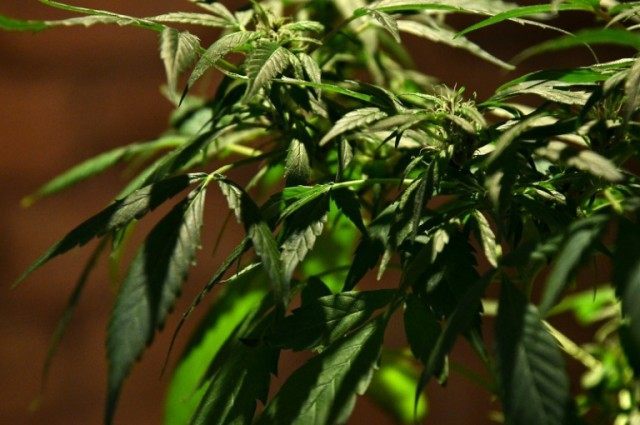TEL AVIV – The ever first study on licensed medical marijuana users in Israel revealed that 99.6% of patients applied for the drug after conventional medications had no effect, the Jerusalem Post reported.
The study, which was released on Wednesday at the Sixth International Jerusalem Conference on Health Policy, was led by Prof. Pesach Shvartzman of Ben-Gurion University of the Negev’s Health Sciences Faculty.
Shvartzman maintains that even though medical cannabis was legalized in Israel a decade ago and is licensed to more than 20,000 patients, until now “there has been no information about the users themselves.”
The report shows that even though most users benefit immensely from marijuana treatment, the cannabis also causes side effects among an overwhelming majority – 77% – of users.
Over the course of two years, the study examined 399 patients’ socioeconomic characteristics including religion, disease profiles, medical indication for use, dosages, treatment given to the patient prior to cannabis, side effects, response, and effectiveness of treatment.
78 of them were cancer patients. The mean age of the non-cancer patients was 50.1 years and of cancer patients 57.5 years. Less than half of both groups (47% and 40%) were native Israelis.
Forty percent of the non-cancer patients and 49.3% of the cancer patients were employed. Of the non-cancer patients, 30.4% and 47.9% of the cancer patients had an academic education. Of the non-cancer patients, 56.7% were married, compared to 65.3% of the cancer patients, the report said.
42% of all patients had been recommended medical marijuana by their doctors, while only 24% from other sources such as a friend or family member.
56% of patients said they wanted to try cannabis because their previous drugs caused side effects.
21% used cannabis oil or vaporized methods of taking the cannabis and three-quarters said they smoked it.
More than 77% said they experienced side effects from the cannabis. 61% of users complained of dry mouth, another 60% of hunger pangs, and 44% said the drug made them “high.” Another 23% reported sleepiness, 28.6% fatigue, 32% red eyes, and 13% blurred vision.
Still, only 6% stopped taking cannabis either because of side effects or complaints that it was not effective.
In the U.S., the Washington University School of Medicine in St. Louis just released a study that showed that the number of adolescents taking marijuana recreationally has fallen. In addition, problems in adolescents related to the drug’s use has decreased markedly by 24% in the past decade. This is despite the fact that more and more U.S. states are legalizing or decriminalizing marijuana use.

COMMENTS
Please let us know if you're having issues with commenting.